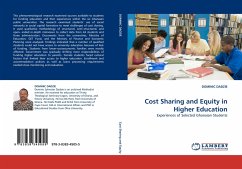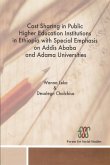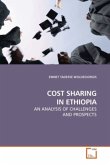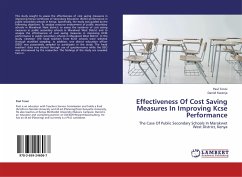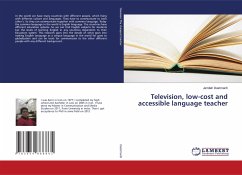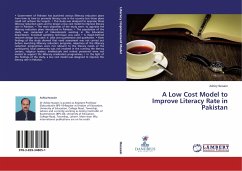This phenomenological research examined sources available to students for funding education and their experiences within the six Ghanaian public universities. The research examined students use of social networks in social capital formation to meet challenges of cost sharing. It used qualitative methodology of structured, semi-structured, and open- ended in-depth interviews to collect data from 44 students and three administrators. Documents from the universities, Ministry of Education, GET Fund, and the Ministry of Finance and Economic Planning were analyzed. Findings indicated that a number of qualified students could not have access to university education because of lack of funding. Students from lower-socioeconomic families were mostly affected. Government was gradually shifting more responsibilities of funding higher education to parents. Female students faced cultural factors that limited their access to higher education. Enrollment and accommodation policies as well as loans processing requirements needed close monitoring and evaluation.

